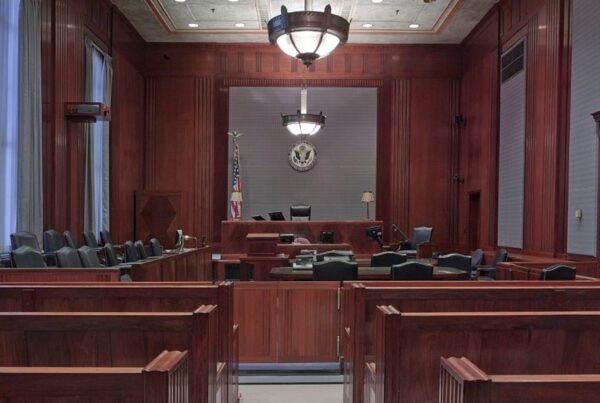 The Supreme Court on December 10, 2021, permitted Texas to keep its new restrictive abortion law. The law bans most female abortions as early as six weeks. Although the Supreme Court refused to block the Texas law, it allowed a challenge to the law by those who provide abortions within the state. Under the Court’s decision, providers can file a lawsuit against state officials in federal court challenging enforcement or disciplinary actions against them based on the new law.
The Supreme Court on December 10, 2021, permitted Texas to keep its new restrictive abortion law. The law bans most female abortions as early as six weeks. Although the Supreme Court refused to block the Texas law, it allowed a challenge to the law by those who provide abortions within the state. Under the Court’s decision, providers can file a lawsuit against state officials in federal court challenging enforcement or disciplinary actions against them based on the new law.
Those who support pro-abortion policy view the Supreme Court’s ruling as an ultimate failure and a de facto, temporary overrule of Roe v. Wade. Like them, Chief Justice Roberts in his dissent, similarly, expressed the view that the law was contrary to the Court’s Roe v. Wade.[1]
President and CEO of Planned Parenthood Federation of America Alexis McGill Johnson expressed her concerns regarding the interchangeable abortion policy throughout the U.S. Johnson stated, “While the Court did not put a complete end to our legal challenge, its failure to stop Texas’s deliberate nullification of the constitutional right to abortion within its borders makes the Court complicit in widespread chaos and harm to Texans, and responsible for giving the green light for other states to circumvent the constitution through copycat laws.”[2] By restricting those who abortion clinics can sue, The Supreme Court enabled the likelihood that they may never see these state cases presented before them for years to come, she added.
For more information regarding recent Supreme Court Decisions, follow subscribe to our blog by sending an email to sophie@ayalalawpa.com
For more information about our practice visit www.lawayala.com/practice-areas or call 305-570-2208.
[1] https://www.nytimes.com/2021/12/10/us/politics/texas-abortion-supreme-court.html, ¶ 19.
[2] https://www.politico.com/news/2021/09/01/supreme-court-texas-abortion-ban-508275, ¶ 3.






